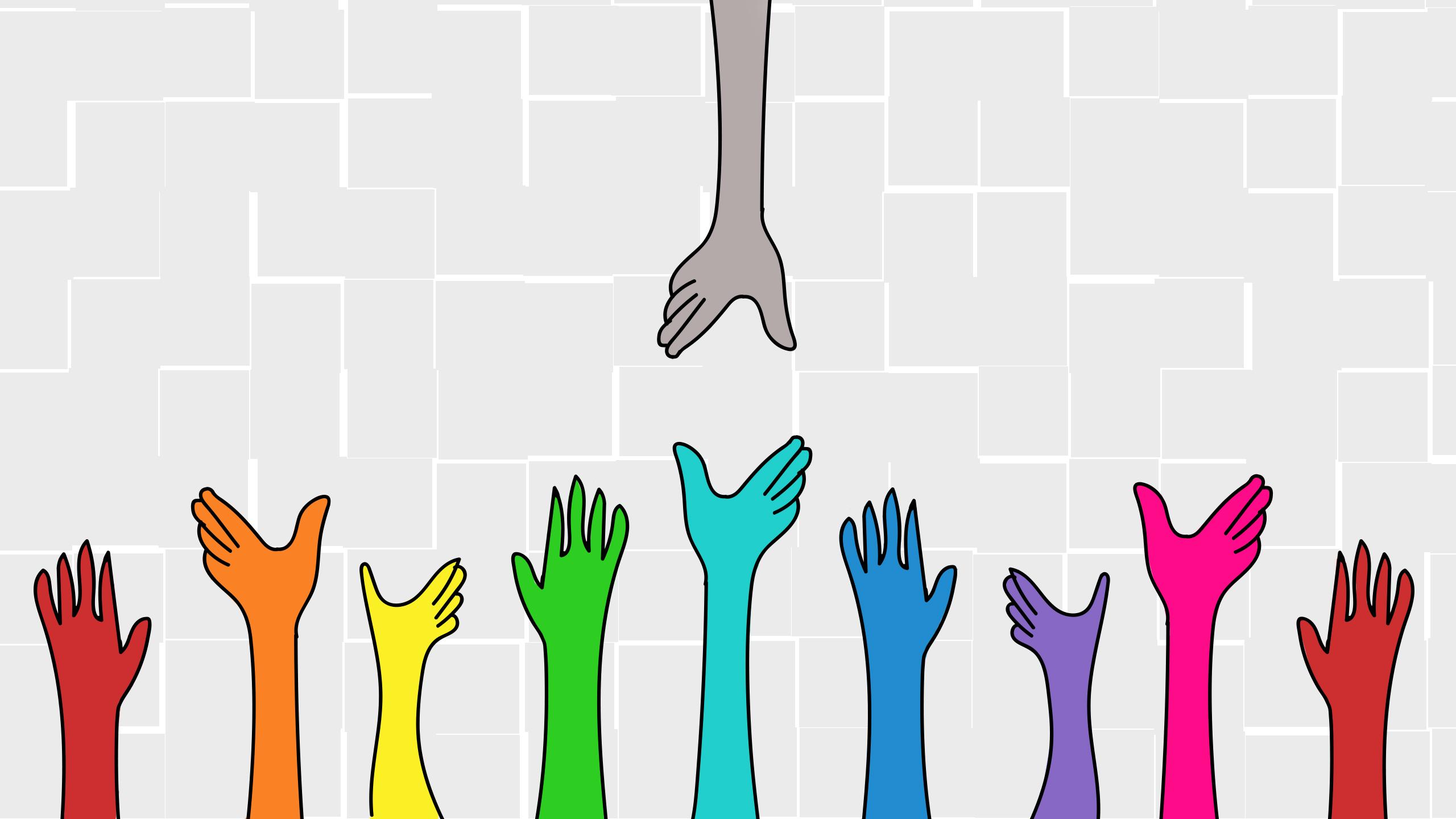By Alanna Rizza
When students returned to school last week, it marked the first year where all Ontario colleges and universities had a mandatory sexual violence policy as required by the provincial government—and Ryerson is already taking steps forward with its own policy and services.
Ryerson’s policy was implemented in June 2015 and was updated after a review in late 2016 to clearly outline each step of how a sexual assault investigation is conducted and what the resolutions and possible disciplinary actions are. Another review is scheduled to take place in late 2018.
According to data obtained by The Eye, 21 Ryerson community members affected by sexual violence accessed support from Ryerson’s Office of Sexual Violence Support and Education (OSVSE) from May 2017 to Sept. 7, 2017. In the 2016-2017 school year, 80 new community members accessed support from the office and in the year before 30 community members accessed the services. People affected by sexual violence includes survivors, their partners, family, friends and neighbours. Community members are Ryerson students, faculty and staff.
Ryerson’s policy states that the OSVSE collects statistics for the purpose of “community education and any legislated reporting that may be required.”
The university isn’t required by the province to make the statistics public or provide data on the number of people accessing Ryerson’s sexual violence services. But Ryerson may be asked to provide data on the number of reported sexual assaults made to the university, specifically to Human Rights Services (HRS).
“What we’re looking at now is stats coming out of the [HRS] office, which is people reporting sexual violence, not disclosing,” said OSVSE coordinator Farrah Khan.
If someone is reporting an incident they’ll go through a process and there may be an investigation with HRS. This is not the case for disclosing.
Ryerson community members reported 12 incidents of sexual assault on campus and eight off campus in 2016
Ontario colleges and universities had until January 1, 2017 to implement sexual assault policies after Bill 132, the Sexual Violence and Harassment Action Plan Act, was passed in March 2016. Before the deadline to implement the mandatory policy, a Toronto Star investigation from November 2014 found that nine out of 78 Canadian universities created a sexual assault policy and 24 colleges surveyed in Ontario had not created a policy.
Ryerson’s HRS director Tanya De Mello said the number of people who reported sexual assaults where a respondent is a Ryerson community member is included in the data from OSVSE, but the number of reported sexual assaults to HRS is lower because if the respondent is not a community member HRS cannot do an investigation.
According to numbers provided by Integrated Risk Management (IRM), the university’s security services, Ryerson community members reported 12 incidents of sexual assault on campus and eight off campus in 2016. From January 2017 to Sept. 7 there have been seven reported sexual assaults on Ryerson campus and six off campus.
The numbers are only from reports made to IRM and they’re separate from the data from OSVSE or HRS. People who report sexual assaults to security are connected with support services.
Khan and interim vice-provost students John Austin, who is also the OSVSE supervisor, said they’ve been discussing the best way to prepare their data for when it’s required by the province.
This school year the OSVSE has two new specialists and a new space in Kerr Hall West. One specialist started last week and the second will start in November.
“They are both tremendous advocates and they worked and are a part of racialized and queer and trans communities themselves,” said Khan.
She said the office has also been looking to provide different types of services, especially for trans and non- binary people, which includes referrals for counsellors and programs specifically for their community.
The number of reported sexual assaults to Human Rights Services is lower because if the respondent is not a community member HRS cannot do an investigation
In March, The Eye reported that several Ryerson community members had experienced “judgmental and non-inclusive language” being used, survivors being re-triggered and inadequate support for students who are gender non-binary.
Austin said the university cannot “responsibly and legally respond” to the complaints in the article because they’re anonymous and were not submitted formally.
“It is not helpful for us to receive anonymized complaints that cannot be substantiated and followed up on. It’s helpful for us to hear those things so we can continue to shape our practice and the way that we do our outreach and education, but it’s not helpful for us in responding to the individual complaints by individual people.”
Austin said he encourages anyone who may have complaints to bring it forward formally, which can be done with the Ombudsperson where their identity will be confidential.
“There’s lots of stories that can come out of the OSVSE of people who have happily and successfully used the service,” said Austin. “For those people who were willing to come forward with critique for whatever reason should seek out the appropriate resources to make their complaints official so they don’t have to be anonymized in a student newspaper.”
The anonymous sources from the article cited fears of backlash or being identified if they made formal complaints.
Khan said the most important aspect is ensuring survivors are being “seen, heard, and believed” and that they get the service they need.
“We always want to listen and take it seriously and reflect on any feedback even if there are tough comments.”













Leave a Reply